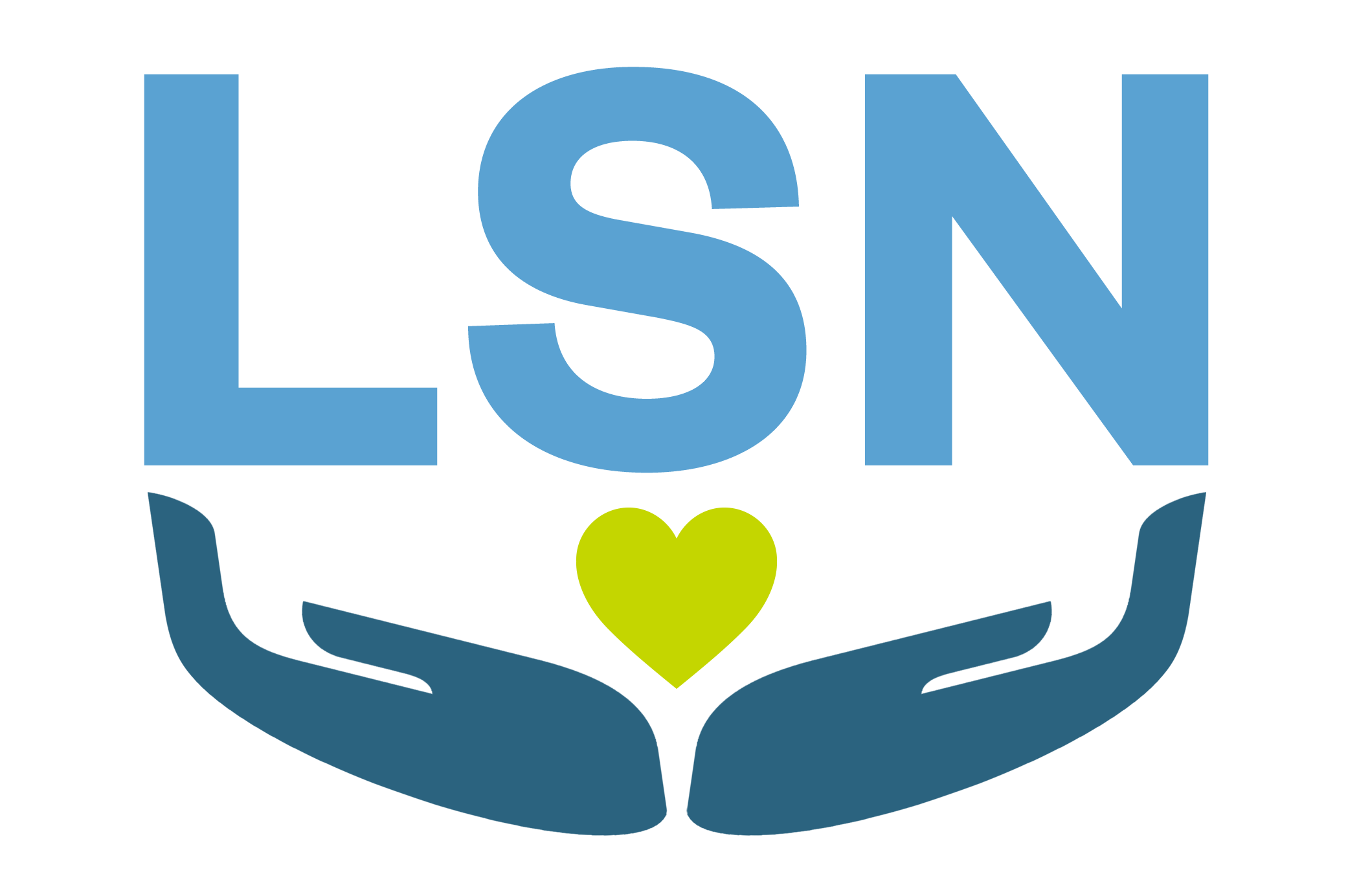Navigating Divisions: Building Our Community Together Amidst Conflict

Last week, Chancellor Guskiewicz and Provost Clemens called on the Carolina community to come together around peaceful dialogues about the violence in Israel and Gaza. While constructive conversation is one of the best ways to support our community during this time, we know that navigating these discussions can be challenging.
You decide when you are ready to have a dialogue that may be difficult, and you’re in no way obligated or expected to put yourself in physically or emotionally dangerous situations. Be clear about your boundaries and prioritize your mental health.
When you’re ready to engage, commit to approaching the conversation about this conflict - or any conflict that includes a complicated history - with sensitivity, understanding, and non-violence.
Learn. Seek out reliable sources, understand historical contexts, and explore the complexities involved. The more we know, the better we can contribute to the conversation in nuanced ways.
Refuse to dehumanize. Respect the humanity of all people. When opinions differ, remember that behind every opinion is a person whose unique experiences led them to that perspective. Those experiences are valid, even when we at times may disagree with conclusions based on them.
Embrace diverse voices. UNC-Chapel Hill embraces diversity - including diversity of thought. Let's work to create an inclusive campus where people can express their opinions without fear. Welcoming each other's unique experiences and way of looking at the world makes us stronger.
Be a builder. Be constructive in your conversations. It's not easy to talk with people that disagree with us. Instead of tearing down opposing views, build bridges of understanding.
Start by slowing your conversations down. Really focus on what the other person is saying and feeling rather than what you want to tell them. Once they feel heard, they are much more likely to also hear your ideas.
- Ask nonjudgmental, open-ended questions. Be curious.
- Listen. Try to understand the other person's views. Hunt for anything about which you agree.
- Reflect. Summarize the other person's perspective.
- Agree. Identify and name areas of common ground. No matter how much we disagree, there's typically something - an underlying value, or the validity of their experiences, at the very least - where you can agree.
- Share your perspective without making an argument
This strategy helps avoid counterproductive impulses. It focuses on the other person, what they are saying, and what's happening between you both. It forces a generosity of your time and attention first, in the hope that doing so results in the other person hearing you out when it's your turn to share.
Do something to help. Explore peaceful ways to engage with issues. You could create spaces for respectful dialogue, organize educational events, or donate your time or money to organizations that share your values. There are lots of paths to make a positive impact.
Be a light in darkness. In challenging times, we each have the power to be sources of light, becoming beacons of understanding. We can create a positive atmosphere on campus through our daily acts of kindness, open-mindedness, and support. Let's be the change we want to see.
Remember, disagreeing about complex conflicts is normal and healthy. By valuing and promoting learning, empathy, and dialogue, we can contribute to a campus culture of understanding and inclusion.
“To anyone out there:
Amanda Gorman
I only ask that you care
before it’s too late,
That you live aware
and awake,
That you lead with love
in hours of hate.”
Anxiety and fear during tumultuous times is to be expected. If you find yourself focusing considerable energy on current events, if your feelings are affecting you physically, or if your emotions are getting in the way of your academic work, it may be helpful for to talk to a someone who can listen and offer additional coping skills and treatment if needed. To find a support that fits your needs, please explore the mental health resources on the Heels Care Network.

